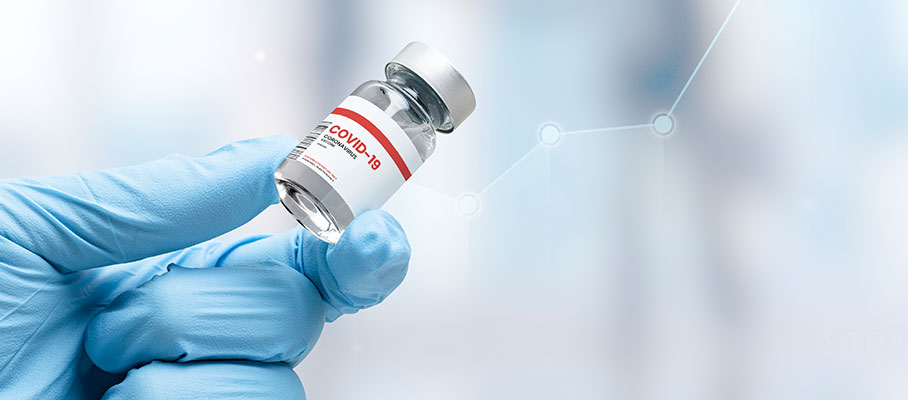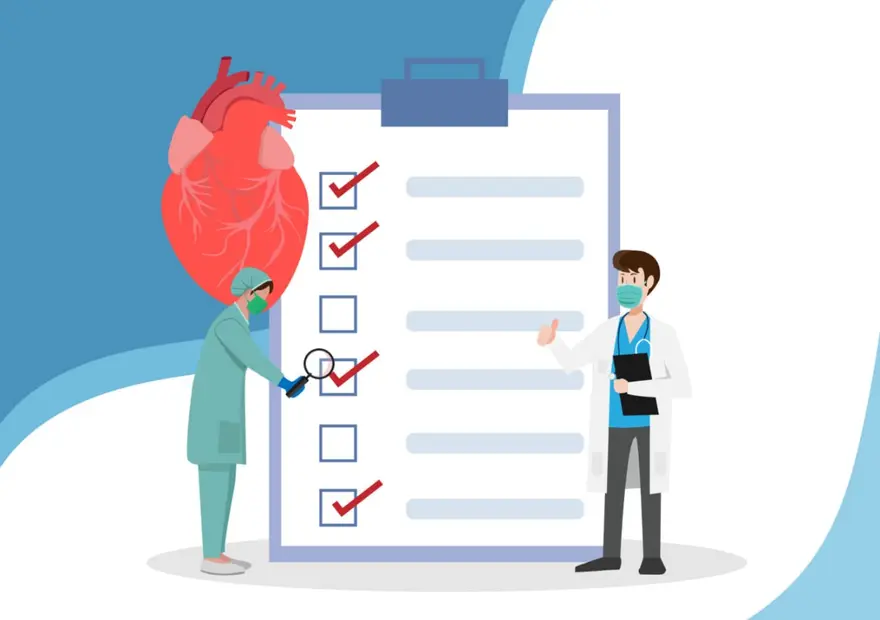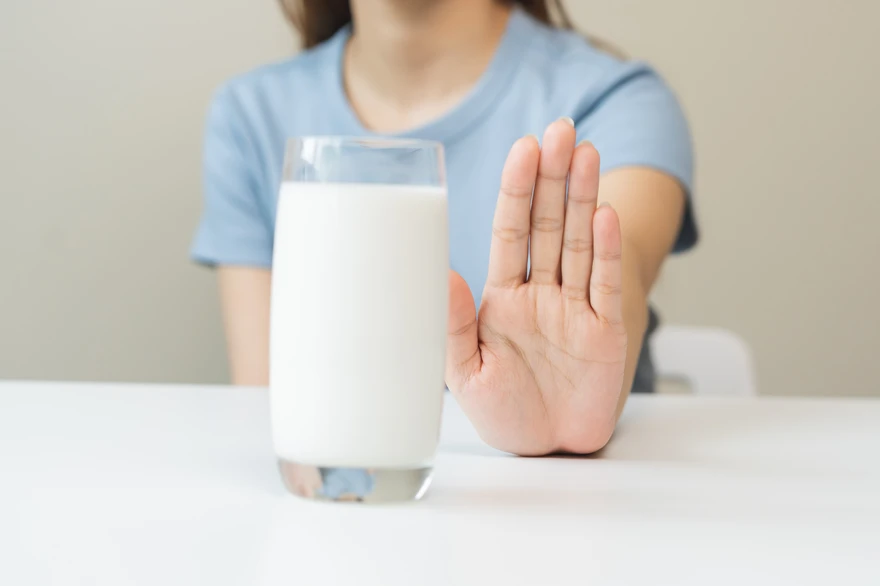Health Wellness
All you need to know about the COVID-19 vaccine in India
26918 Views
0

The year 2021 brought with it the exhilarating news of the COVID-19 vaccination to begin in India. On January 16, India launched the world’s largest COVID vaccine drive as one of the pivotal measures against the pandemic. Until February 6, 2020, more than 54 lakh people have been vaccinated, as confirmed by the Union Health Ministry. The COVID-19 vaccine development was much-awaited for helping curb the spread of this pandemic that has claimed more than a million lives and shattered businesses. However, multiple apprehensions and doubts are doing the rounds which might prevent people from getting the jab. Are you also confused about how various COVID vaccines different from each other and how they will protect you against the disease? Read on to know all that you need to know about the COVID-19 vaccine in India.
How does the COVID-19 vaccine work?
The COVID-19 vaccine helps your body make protective antibodies against the coronavirus. Having these antibodies means that you have developed an immunity. Getting vaccinated for COVID-19 will help you prevent the coronavirus infection, or protect you from developing a serious illness or complications even if infected.
Is the immunity developed from natural infection better than the vaccine?
To understand this, let us first help you understand how natural infection provides immunity. When you get infected with a new germ, your body is unaware of this infection-causing foreign invader. But it will gear up, take some time to collate all its infection-fighting tools (various types of body cells) to fend off the illness. Your body remembers how it fought the germ and saves this information for future attacks. When the same germ infects you next time, your body knows how to kill it and protect you from getting the disease.
The vaccines are prepared in such a way that they also train your body to recognize and combat the germ. So, when the infection-causing germ attacks, your body knows the way out even without getting the disease.
For most diseases, natural immunity might provide better protection than vaccine-acquired immunity. However, the natural infection is quite unpredictable and the prognosis will depend on the individual’s body response. A vaccine is a far safer bet.
What different types of COVID-19 vaccines are available?
While various COVID-19 vaccines are undergoing clinical trials, some have been approved by the regulatory bodies for use (emergency use authorization). COVID vaccine candidates that are currently being used for inoculations include:
- Pfizer-BionTech
- Moderna Inc
- Oxford-Astrazeneca, developed in India by the Serum Institute of India (SII)
- Sputnik V
- Indian landscape: The Drug Controller General of India (DCGI) has approved two COVID-19 vaccines including SII’s Covishield and Bharat Biotech’s Covaxin:
Thinking how do these vaccines compare with each other? So, you can compare available vaccine options based on the technology used, efficacy, safety, storage, and price.
COVID-19 Vaccine Technology:
Talking about the vaccine technology, while both the Pfizer and Moderna vaccines are mRNA vaccines, Covishiled uses a viral vector and Covaxin is an inactivated virus vaccine. Don’t get boggled! These all are just the ways to train your immune system to fight off the virus in future. The mRNA vaccines lead to production of a harmless protein in your body that resembles the protein found on the surface of the virus. Your body recognizes that it is an invader and produces antibodies against it. The viral vector vaccine makes use of a genetically modified, harmless virus (adenovirus in this case) to induce antibody production against the coronavirus. The inactivated virus vaccine contains a killed virus that evokes the antibody response in your body and gets you immune. While inactivated virus and viral vector are time-tested vaccine technology that are being used in many other vaccines for different diseases, mRNA is a new technology. However. it must be noted that contrary to the notion that mRNA vaccine can interfere with your genetic makeup, it does not interact with your genes in any way!
COVID-19 Vaccine efficacy:
The Pfizer vaccine has an efficacy of 95% and requires two doses given 21 days apart. It is approved for people age 16 and above. The Moderna COVID-19 is found to be 94.1% effective, with two doses injected 28 days apart. This vaccine is for people aged 18 and older. The Oxford vaccine is found to be 62% effective after two full doses, and has shown an efficacy of 90% in a small group that received a half dose followed by a full dose.
COVID-19 vaccine Storage:
The Pfizer vaccine needs to be stirred at -94 °F, an obscenely cold temperature that requires a special freezer. The Moderna vaccine can be stored in a normal freezer. And, the oxford vaccine can be stored in a normal refrigerator at a temperature of 2-8 °C.
COVID-19 vaccine Price:
The Oxford-Astrazeneca vaccine is cheaper than the Pfizer and Moderna ones as it is not making any profit amid the pandemic. In India, as yet, the vaccine administration has been done free of cost for all the health and frontline workers.
Watch this video to know more.
All vaccines help make antibodies. So, can I mix and match different COVID-19 vaccines?
No! If you have got one shot of Cobaxin, the other jab should also be of Covaxin, and the same applies for Covishiled. Mixing doses of different COVID-19 vaccines does not ensure effective protection against the infection.
Is the COVID-19 vaccine safe as it is being tested and introduced in a short span of time?
Vaccines development has been fast tracked but they have been introduced only after the regulatory bodies have cleared them based on the safety and efficacy. Also, follow up was as thorough as it had been for any vaccine, and months’ data is now available on people who received the vaccine.
Can there be any side effects of COVID-19 vaccines?
Just like other vaccines, COVID-19 vaccine might also cause mild symptoms like fever, fatigue, pain or swelling at the site of injection, muscle pain, chills, nausea and vomiting. However, these must be short-term and will be resolved after a day or two. Rarely, a few people can have severe allergic reactions to the vaccine but they might face the similar issue with vaccine shots for different conditions as well. Always consult your doctor and discuss your medical history before you get yourself vaccinated.
Can a COVID-19 vaccine give you COVID-19?
The COVID-19 vaccines currently being used are not using the live virus that causes COVID-19. So, you are not likely to get the infection due to COVID-19 vaccine. Keep in mind that the vaccine will take a few weeks to build immunity. Continue taking precautions after being vaccinated. The protective antibodies will take two weeks after receiving the 2nd dose.
Who should not get vaccinated for COVID-19?
Children (and teens below 18 years of age), pregnant and breastfeeding women, people who have anaphylaxis or allergic reactions and people who are isolated or having active COVID-19 should not get vaccinated. Also, people with coagulation disorders need to follow cautions while getting inoculated. More information will become available on the COVID vaccine contraindications as the experts gather more data.
When will this vaccine be available to me?
The vaccine drive is aimed at covering health and frontline workers, followed by people over 50 years of age and people with comorbidities based on vaccine availability. Only after inoculating these high-risk groups, it will be made available for the general public that might take another 6-7 months. Keep following hygienic measures to stay protected from coronavirus. If you face any symptoms suggestive of the infection, get yourself tested for COVID-19 and seek doctor’s advice.
Can the recipient choose which vaccine candidate to receive?
No. Different virus candidates have been assigned to different vaccine booths across the nation. While the recipient can opt for consent or not being inoculated, they can’t choose between covishield and covaxin.
How long will this vaccine-acquired immunity last?
There is no concrete data available on the duration of protection achieved from COVID vaccines as yet.
Should I get the COVID-19 vaccine even if I've already had COVID-19?
You can delay your vaccination until 90 days after your diagnosis if you’ve already had COVID-19. Natural coronavirus infection offers some immunity against the reinfection. However, it's not clear how long this protection lasts, people who have already had COVID-19 should also get a COVID-19 vaccine for better protection. Want to check if you have developed COVID-19 antibodies? Book a COVID-19 antibody test.
The final word
Please understand the fact that the mild side effects of COVID vaccine outweigh the health risks posed by COVID-19. Getting vaccinated will help us come out of this grave pandemic situation super soon. So, do not fall prey to misnomers and stay well-informed.













1701259759.webp)









 WhatsApp
WhatsApp